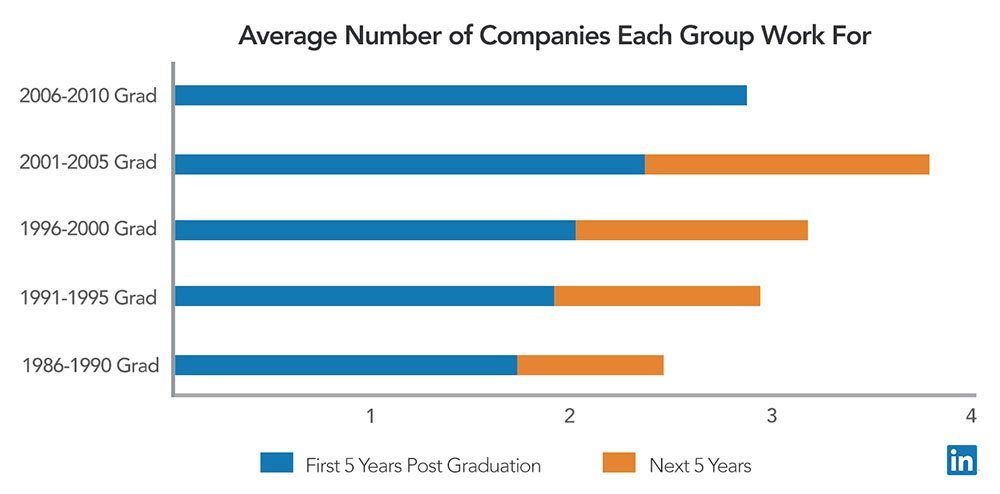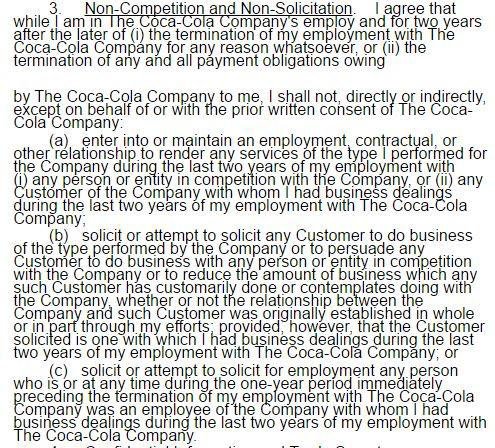4 Reasons to Sign an NDA with Employees

Trust is an essential element in any relationship.
However, as an employer, you have to take reasonable precautions to protect your business, even if it means that you sometimes have to imagine the worst in people.
A non-disclosure agreement (NDA) is a contract that entrepreneurs, CEOs and business owners use to protect their confidential information.
You can use an NDA with your employees to protect your company’s confidential data.
The NDA requires the Receiving Party of confidential information, in this case your employees, to maintain secrecy and not to misuse the information.
Trust is like blood pressure. It’s silent, vital to good health, and if abused it can be deadly.
In the past, most employers only relied on an implied ethical duty of confidentiality when it came to employees. If an employee was found to have disclosed confidential information, the usual action taken was to discipline and perhaps fire the employee.
Businesses that based their survival on trade secrets such as Coca-Cola and KFC did, however, require select employees to sign confidentiality agreements or equivalent contracts.

Sabeer Bhatia, the founder of Hotmail said that he collected over 400 NDAs from employees, friends and roommates when he was still in charge of Hotmail. This helped him maintain a lead-up from competition and he finally sold Hotmail to Microsoft for a reported sum of $400 million.
So, if you’re considering whether to require your employees to sign NDAs, here are other reasons why you should do so.
1. Possible loss of important confidential information

The millennial generation is known as one of the most mobile workforces that we have ever seen before.
Data obtained from LinkedIn’s Economic Graph reveals that millennials graduating between 2006 to 2010 are most likely going to job hop between 4 different companies within their first 10 years of work.

In the competitive world of tech, there’s also the real risk that talented employees could leave your company to start their own entrepreneurial startup.
This is problematic if you’re an employer trying to protect your confidential information.
Every time an employee leaves, they are undoubtedly taking information with them, even if it’s only in their heads. Without an NDA, you stand the risk of losing confidential information.
The NDA places a legal obligation on the employee to keep your confidential information secret and not misuse it for a particular period of time, and this can be even after they leave your company.
Depending on what your local laws are, you may even be able to include non-competition and non-solicitation clauses in your NDA that prevent your employees from setting up a competing business or poaching your other employees.
Here’s an example of non-competition and non-solicitation clauses from Coca-Cola’s agreement on confidentiality:

2. Psychological deterrent effect

Even if you never intend to pursue a lawsuit against your employee for breach of an NDA, there’s a huge benefit for using an NDA anyway: it creates a psychological deterrent effect for those signing it.
An employee is less likely to steal your confidential information if they are aware that they could be sued. The psychological deterrent effect alone can be extremely effective in protecting your secrets.
3. Clarify intellectual property ownership rights (IP)

When a person creates a new innovation or invention such as software code, design or a technical process, that person is normally by default the legal owner of that invention or innovation.
In the US however, with some slight variations across the states, if an employee is hired with a specific role to create such new inventions and innovations, then the employer retains the IP rights.
However in California, Section 2870(a) of the Labor Code states that inventions developed entirely on the employee’s own time without use of the company’s equipment, supplies, facilities or trade secrets should not be assigned to the employer.
To avoid any misunderstandings and vagueness, it’s best practice to get the employee to sign an NDA with proprietary rights clauses to ensure that any IP ownership that arises is automatically transferred to you.
This should be subject to Section 2870(a) of the Labor Code in California of course. Alternatively, you can create a separate “Proprietary Rights Agreement” or “Invention Assignment Agreement.”
Your proprietary rights clauses should therefore include:
- The transfer of employee-developed inventions, innovations and associated IP rights to you as the employer
- An obligation by the employee to help you perfect those rights, if necessary
Here’s an example of a clause for the transfer of IP ownership from the Apriorit Software/R&D Outsourcing Non-Disclosure Agreement:

4. Clarify to employees what needs to be kept confidential

It may seem obvious to you as an employer but it’s often not as clear to an employee, what information within the company is considered confidential. They don’t have the bird’s eye view and vision that you have as the head of the company.
An NDA helps to clarify for the employee what they need to treat with special care and attention.
For example, a software company may want to protect these kinds of information from disclosure:
-
Proprietary algorithms.
These can confer a huge competitive advantage to someone who possesses them. Think of Google’s algorithms and how important they are to Google’s success today.
-
Leads and customer information.
Leads and customer information is one of your most valuable resources when it comes to growth, profits and sales. Knowing who is interested in your product or service, who will spend money to buy and how much, is something that marketers spend lots of money to learn.
Companies often are willing to spend money to acquire such valuable information from others and so, you should protect yours.
-
Upcoming new inventions or innovations.
There is huge competitive advantage in being first on the market. Imagine how devastating it will be for your business if a competitor acquires knowledge of your new invention or innovation and tries to undercut you by copying your invention and launching before you do.
Here’s an example of confidential information as defined in Coca Cola’s confidentiality agreement:

Credits. The following icons are from The Noun Project: “Contract Job” by ranjit kumar, “Classified Information” by Francisco Garcia Gallegos, “psychology” by OB, “intellectual property” by Arthur Shlain, “secured form” by www.yugudesign.com.
Nov 28, 2017 | Non-disclosure Agreements
This article is not a substitute for professional legal advice. This article does not create an attorney-client relationship, nor is it a solicitation to offer legal advice.